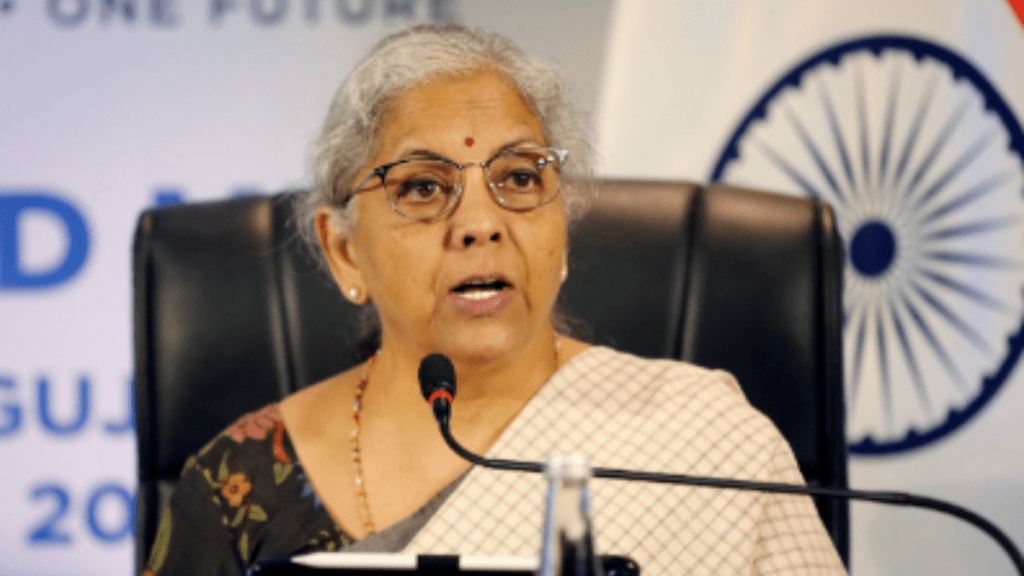Financial market participants on Thursday made a slew of suggestions to the finance minister Nirmala Sitharaman in a pre-budget interaction, with the overarching objective of deepening various segments of the capital market, by reducing the excessive tax burden wherever it existed, using higher imposts to curb activities that could potentially unsettle the markets, and discouraging high-frequency trading by large players.
Among the key proposals were rationalisation of the capital gains tax structure aimed at minimising the arbitrage opportunities across various asset classes and higher Securities Transaction Tax (STT) on high-frequency traders in the Futures and Options (F&O) market. As per sources, the ministry officials “acknowledged” the need to protect retail investors from the high volatility of the F&O segment.
Srini Sriniwasan, managing director, Kotak Alternate Asset Managers said: “We suggested measures to mainstream AIF (alternate investment fund) investments and encourage and enable large domestic capital pools of insurance and pension funds to participate in the AIF industry to finance Infrastructure, credit and start-ups.”
Raman Aggarwal, director of the Finance Industry Development Council (FIDC), told FE, that since RBI has harmonised the regulation of banks and NBFCs now, “we asked the FM to give us the benefits of recovery, by tweaking SARFAESI rules, and annulling TDS on every EMI.”
Some of the participants in the meeting suggested that increased pace of divestment of low-floating PSU stocks, while all pitched for continued fiscal discipline, people who attended the meeting said on condition of anonymity.
The Centre is reportedly considering various options to discourage retail participation in the F&O segment. The proposed steps include moving F&O from the head of ‘business income’ to ‘speculative income’ and/or also introducing a tax-deductible-at-source (TDS) in the upcoming Budget.
Also, the sources said the mutual fund industry recommended tweaking the regulatory framework to allow them to offer pension schemes. At present, mutual funds seek the flexibility to launch diversified schemes focused on retirement planning.
Currently, the long-term capital gains tax (LTCG) is more benign on listed shares, while other types of assets, including real estate, attract the tax at higher rates, so the taxpayers have to hold these for longer periods to escape the higher short-term taxes. The holding period for long-term capital gains tax is more than 12 months for listed shares/debt securities, while it is more than 24 months for unlisted shares and real estate, and 36 months for debt mutual funds and securities.
NBFC representatives recommended increase in allocation of funds to the Small Industries Development Bank of India (SIDBI), which can then refinance the non-banking financial companies, given the sector’s credit growth, and reduce the overdependence on banks highlighted by the RBI.
Also, NBFCs sought clarity on GST demand on co-lending, and payment of GST on service fees; and asset management companies (AMCs) discussed issues related to GIFT CITY, and ways to retain capital within the country, Aggarwal said.
Besides the finance minister, the pre-Budget consultation meeting was also attended by Minister of State for Finance Pankaj Chaudhary, finance secretary and secretaries of other departments.
